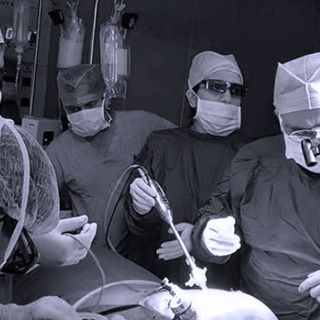Our bones are living things that our body breaks down and replaces as we get older, but there comes a point where they break down faster than new bone can be made. This is why gaining bone mass before the age of 20 is crucial. A new study shows that one of the benefits of youth sports is stronger bones during adulthood.
“Bones respond to the loads placed on them,” says Joanne McVeigh of the School of Occupational Therapy, Speech Therapy and Social Work at Curtin University, Australia. “There is convincing evidence that the growing skeleton has a better ability to respond to mechanical stresses — loads — than the adult skeleton does. Therefore being part of organised sport during these critical developmental periods allows for optimal bone acquisition, leading to higher bone mass in young adulthood, and later life.”
The study, published in the Journal of Bone and Mineral Research, followed 984 children in Perth, from the ages of 5 to 20. Parents provided the researchers with information about their children’s sports participation, while their bone density was measured when they were 20 years old, along with their height, weight, and blood vitamin D levels. After adjusting for factors like lifestyle choices, including alcohol consumption and smoking, the study found that bone density was significantly greater in adults who had actively participated in youth sports.
Article continues below
Men who had played sports consistently and from an early age had greater overall bone density than their counterparts, while men who started playing sports during their adolescence also showed higher leg bone density than those who didn’t. In women, those who played youth sports consistently showed better leg bone density at age 20.
While we usually hear about maintaining bone health as adults — to protect against osteoporosis later in life — this study proves that people build the majority of their bone mass as children and adolescents. There’s all the more reason now to encourage children to play organized sports, consistently, in order to have long-term bone health benefits. So while taking those calcium and vitamin D supplements might work to help your body make stronger bones, you can only increase your bone mass before the age of 20.
“Our study provides a strong rationale for the early and persistent encouragement of sports participation amongst children and adolescents in order to support primary prevention strategies for the prevention of osteoporosis and age-related fracture,” says McVeigh. So if your kid doesn’t want to wake up early for football practice, you have a very scientific reason to make them go.




